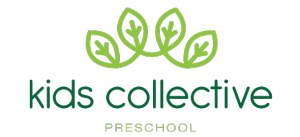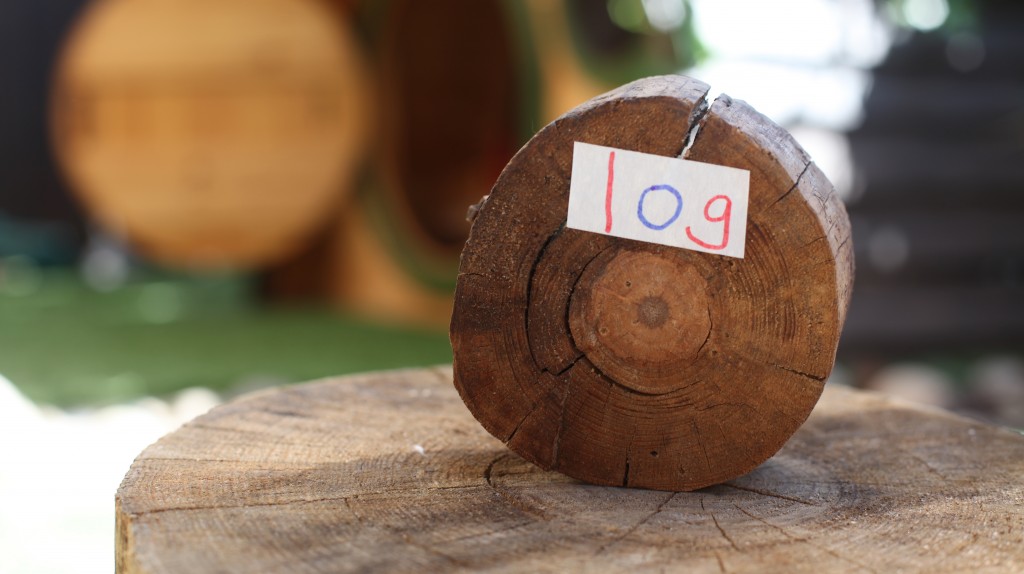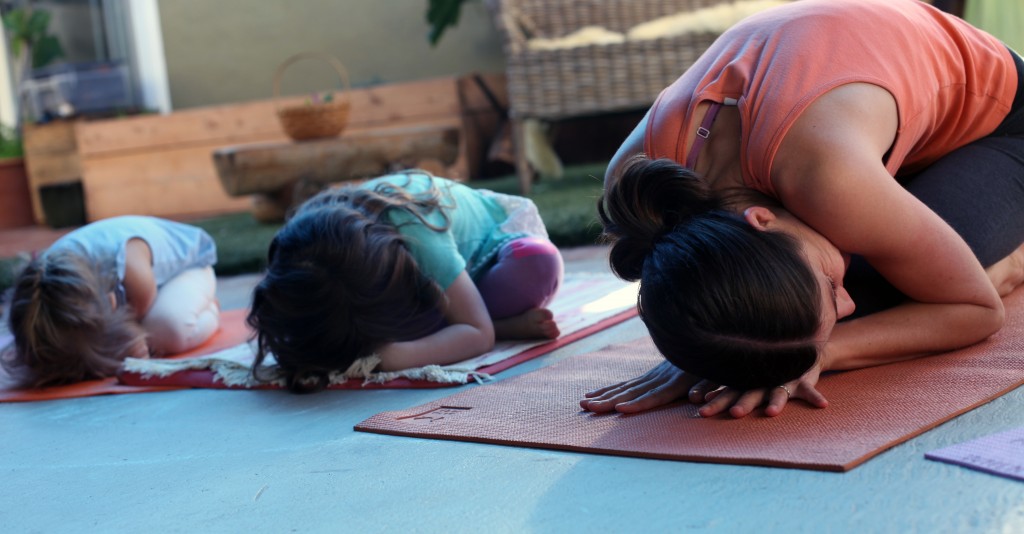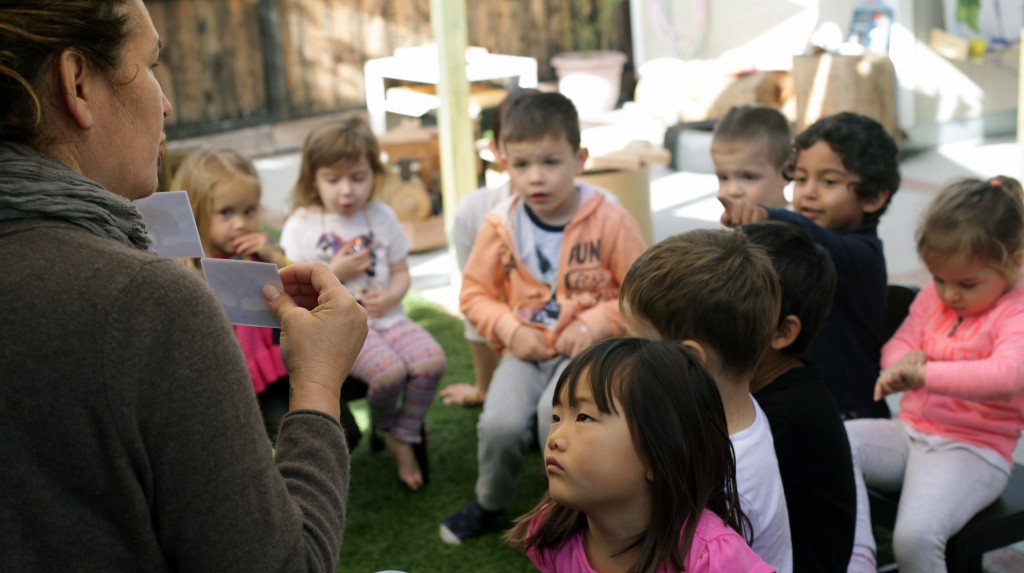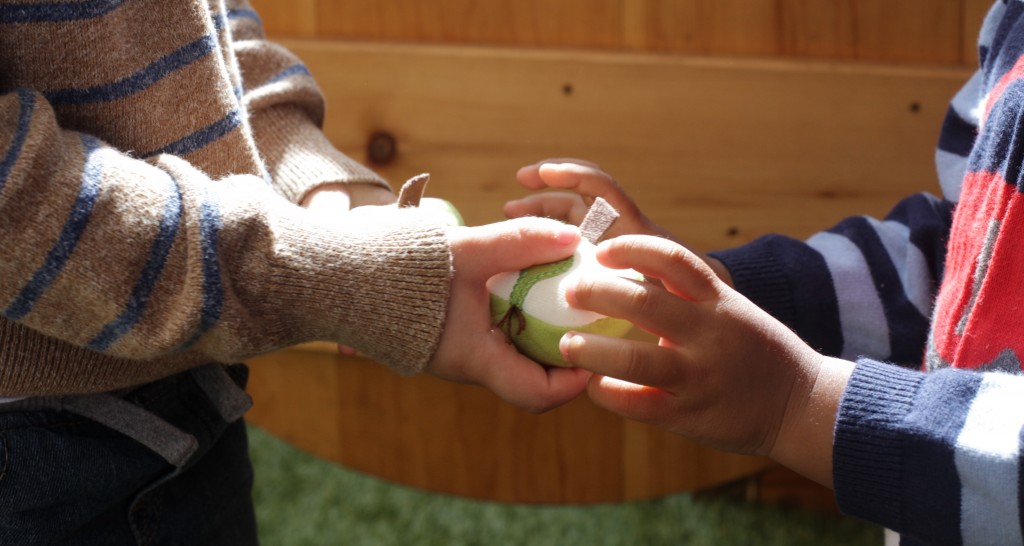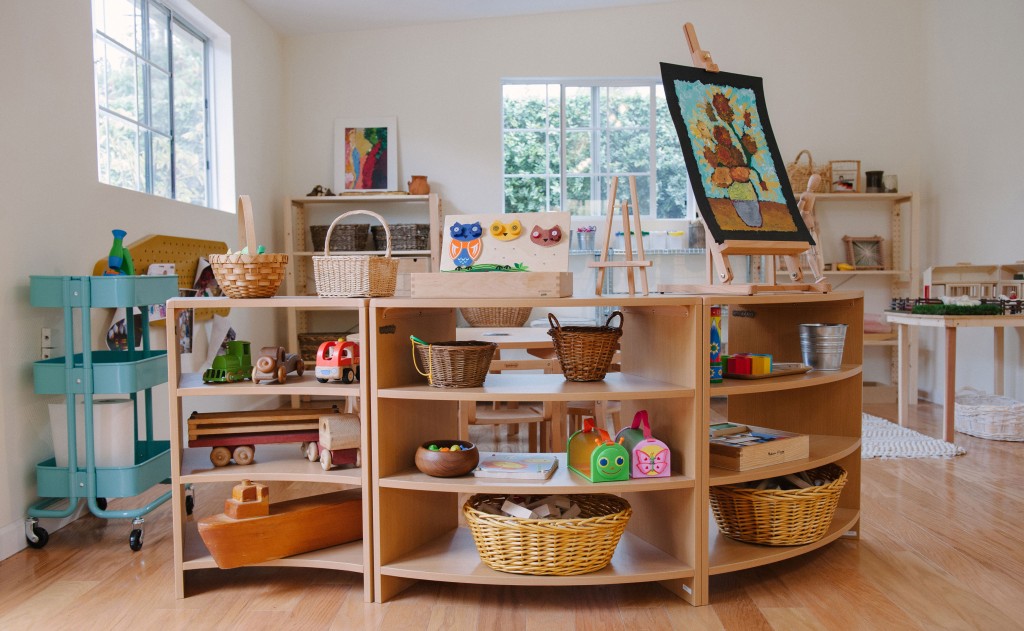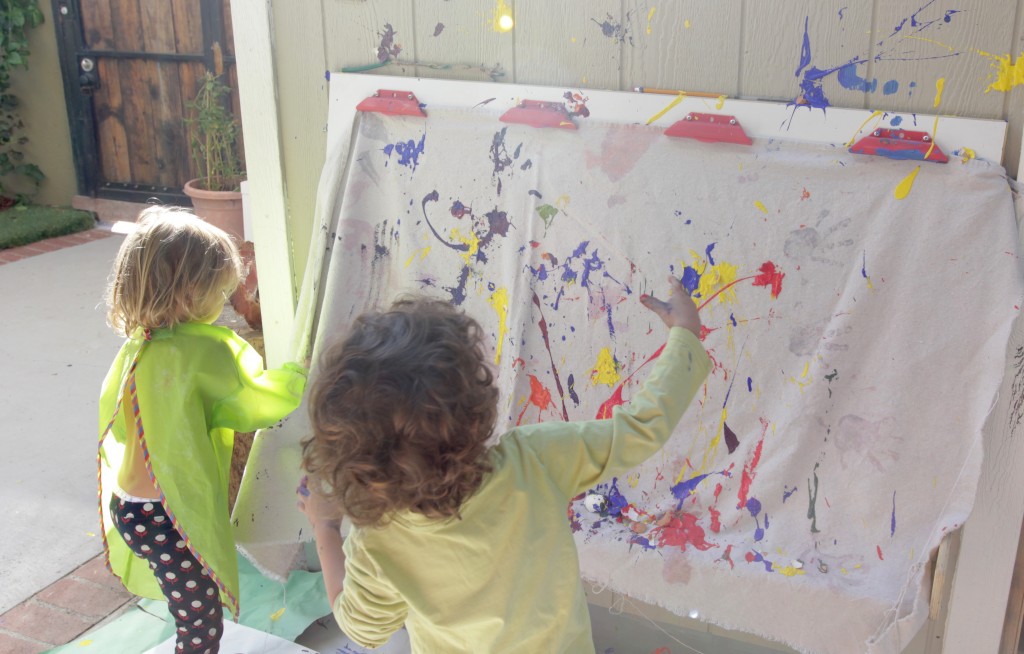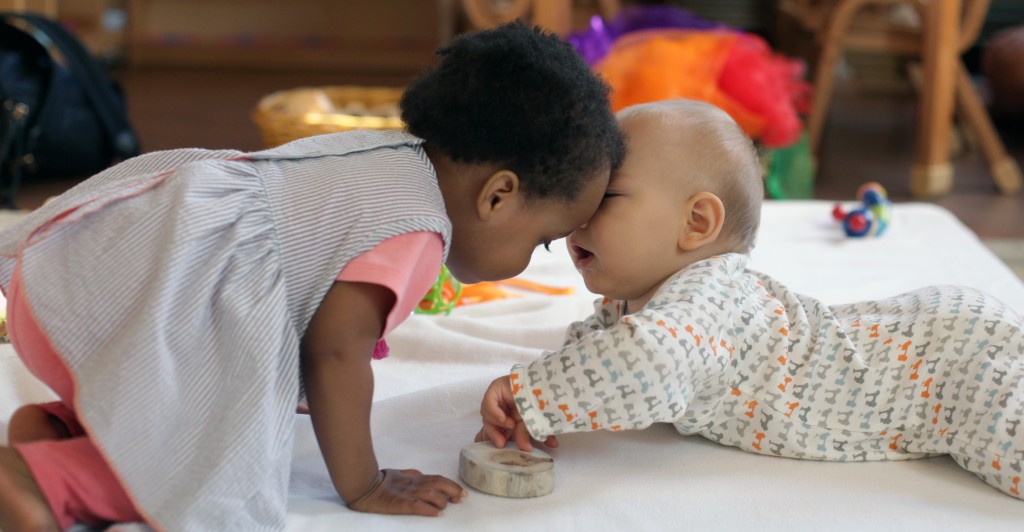Teachers and educators worldwide have long been worried about the problem of how to transform schools and how to bring up children so as to make them harmoniously developed beings. The idea of all-round education has now become a common currency. It refers to development of a child under the influence of every type of teaching and learning with the goal to incorporate in a person traits desirable both from the social and individual viewpoint. All-round developed children are expected to embody such features as cognitive abilities, artistic talents, motivation, and emotional balance.
In this pursue, more and more preschools appear to cater to the educational needs of toddlers. They offer modern facilities and enhanced learning environment, as well as adopt creative approaches to education. Such methodologies assist in strengthening learning abilities, observation, reasoning, exploring innate potential in children, and developing skills of self-expression. Montessori and Reggio Emilia philosophies are among these innovative educational methods.
Read more
